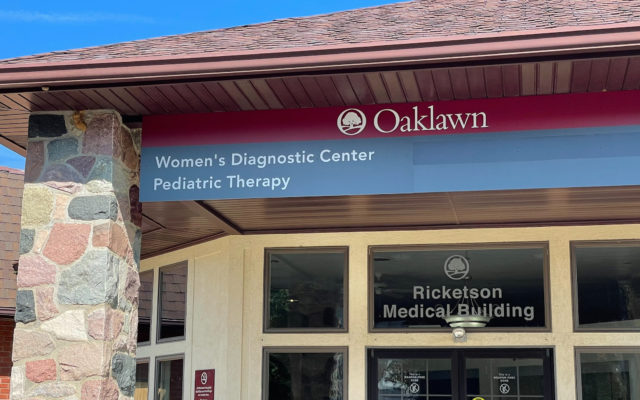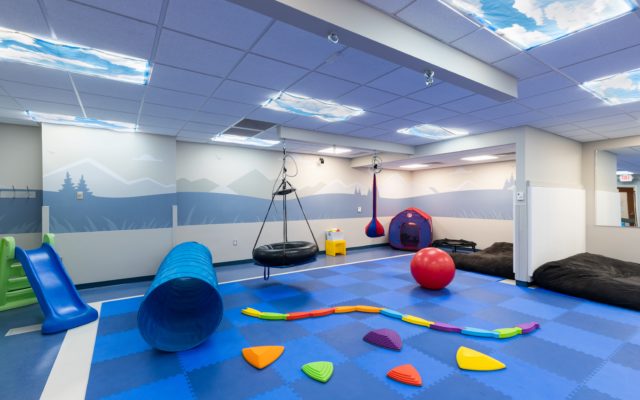
Now Scheduling Primary Care Appointments Online. Book Now.
Pediatric Therapy
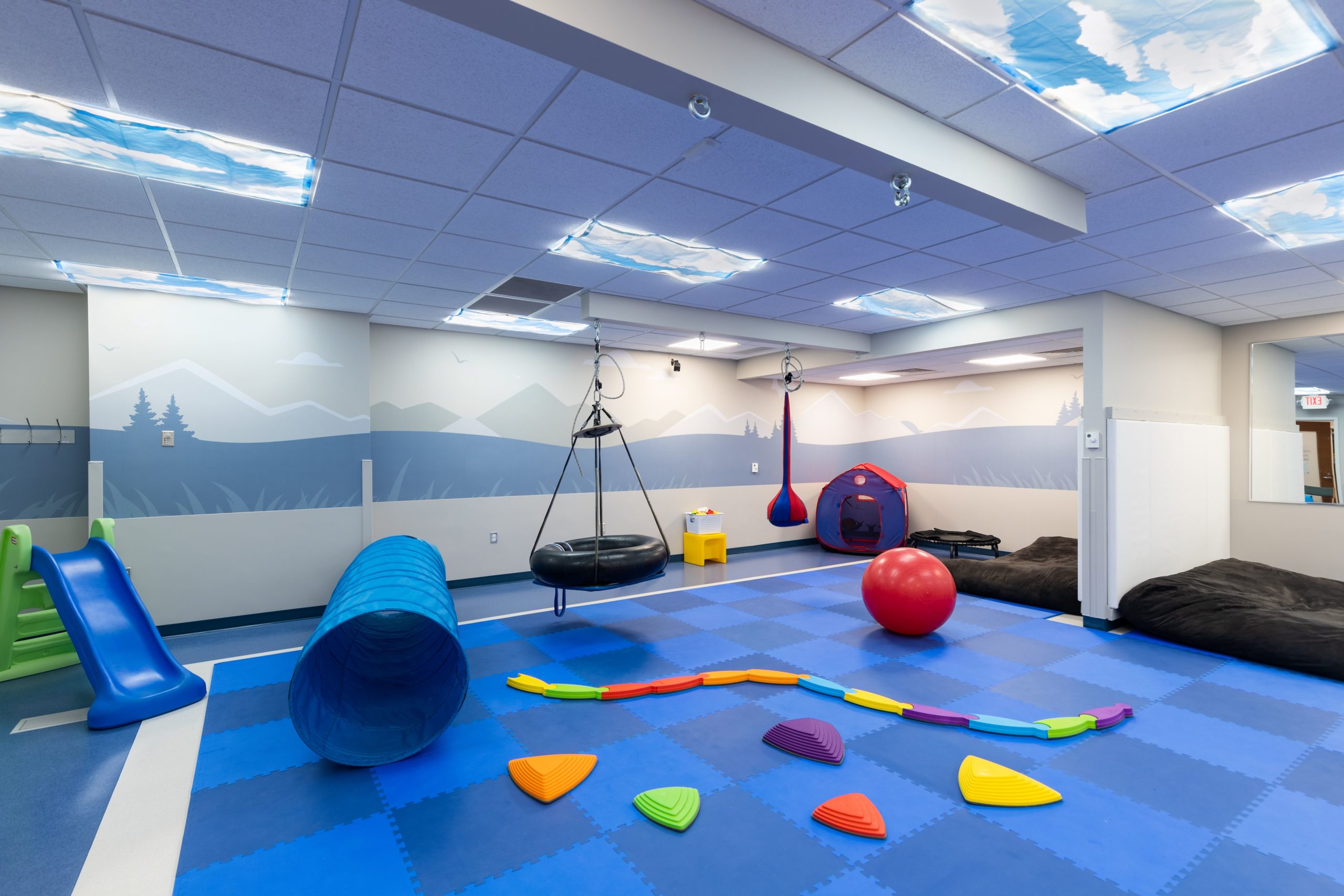
At Oaklawn Pediatric Therapy, our goal is to provide family centered, customized care specific to your child’s needs. Our individualized treatment approach is one-on-one. We will evaluate your child’s abilities and difficulties. We then develop a plan to break down the challenging tasks into smaller parts to help them move toward success.
We provide Physical, Occupational and Speech therapy for patients from birth to young adult, and offer free screenings and consultations.
Our goals:
- Look to have a child-friendly, play based session
- Find fun ways to improve function and independence
- Believe in empowering the patient and the family
- Help children reach their maximum potential
- Encourage and educate families to help children participate in daily activities at home, school, and in the community
Our occupational therapist may address many areas, including sensory processing and sensory-related picky eating, self-care, self-regulation, balance, coordination, and fine motor skills, all through child-led, play based interventions.
Our physical therapists use purposeful play to address many areas, including challenges with development, coordination, balance and strength.
Our speech therapist work to improve communication through articulation, receptive and expression language delays, social skills, and oral-motor/feeding difficulties through purposeful engagement.
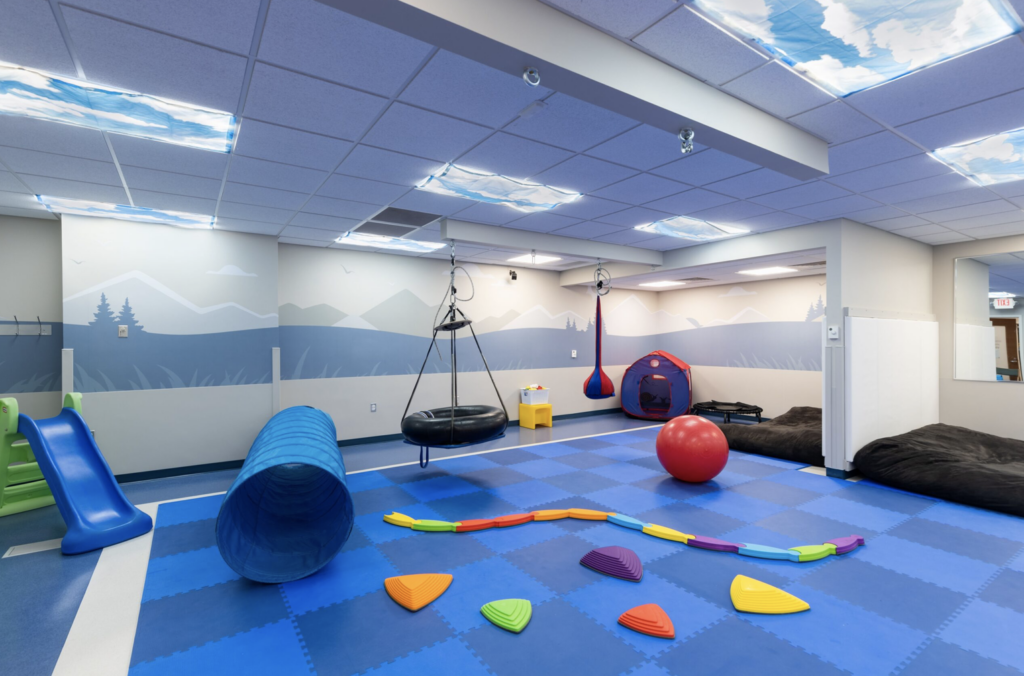
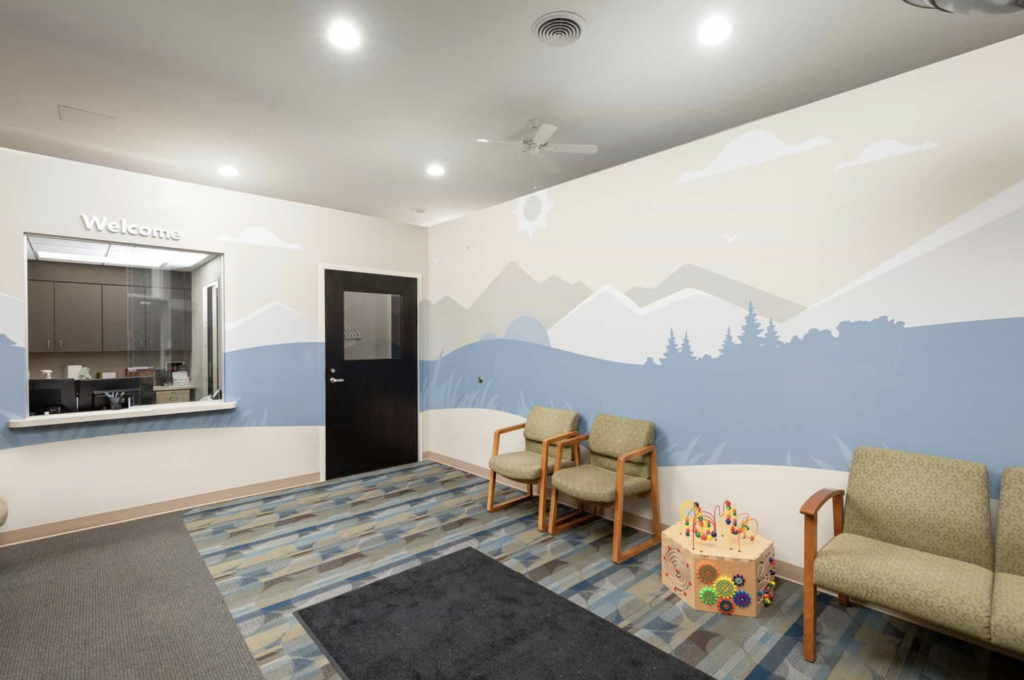
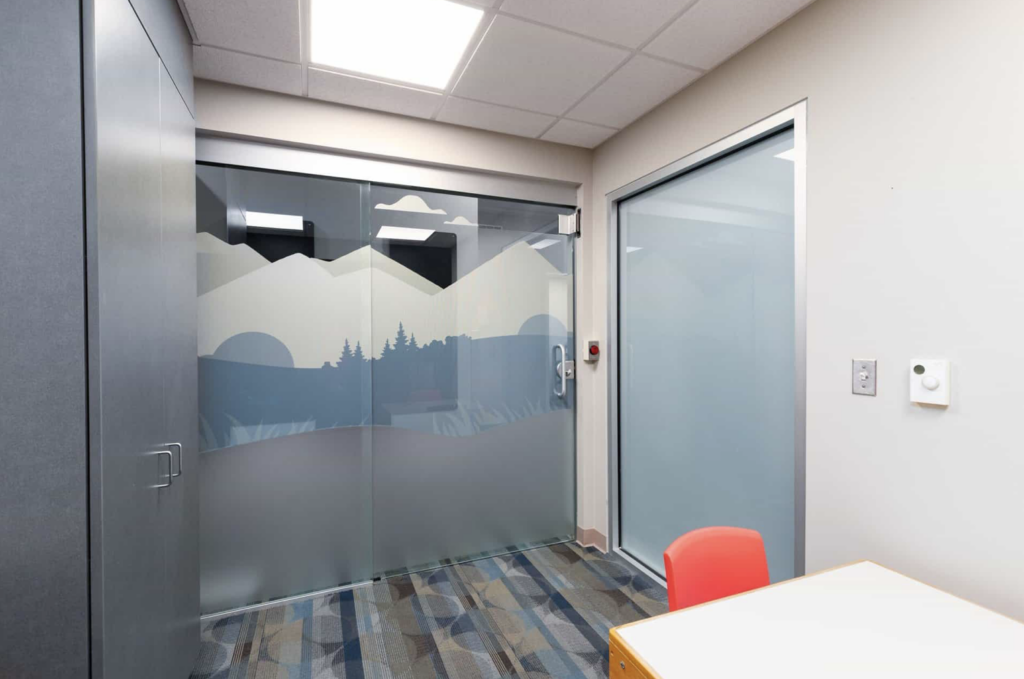
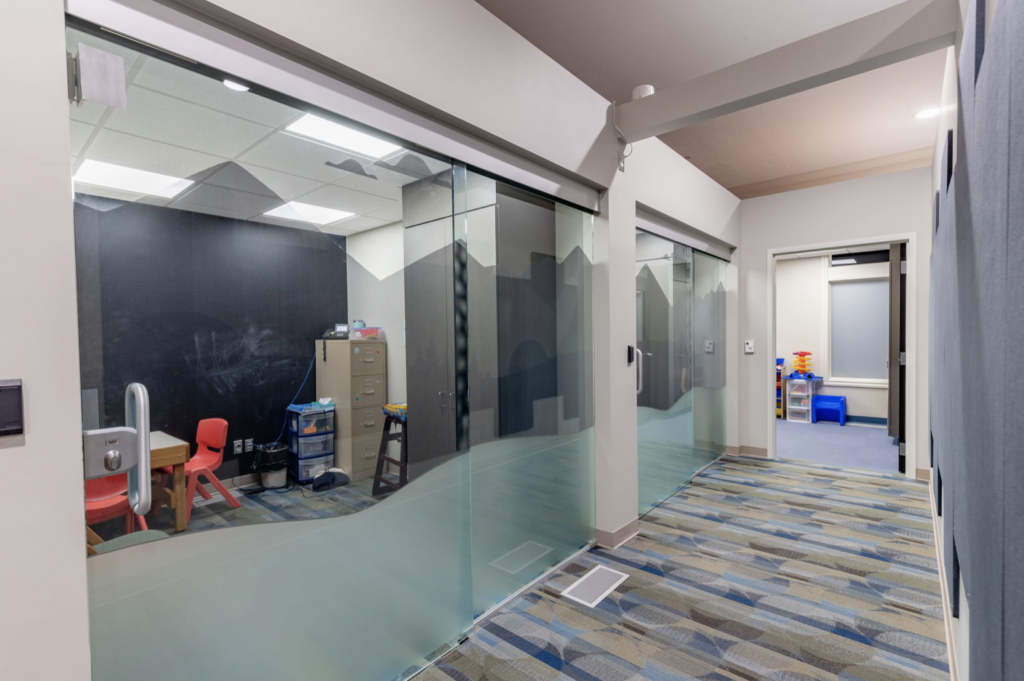
Frequently treated conditions:
- Delayed gross, fine and visual motor skills
- Sensory processing disorder/self-regulation
- Apraxia/dyspraxia
- Cerebral palsy
- Down’s syndrome
- Spina bifida
- Spinal cord injury
- Feeding difficulties
- Orthopedic conditions
- Neuromuscular disorders
- Autism Spectrum Disorder
- Balance and walking issues
- Torticollis
- Birth Injuries
- Scoliosis
- Toe walking/gait issues
- ADD/ADHD
- Stroke
- Hypotonia/Hypertonia
- Developmental delays
- Executive functioning
- Traumatic Brain Injury (TBI)
- Delays in speech and language
- Articulation/speech sound disorders
- Stuttering
- Apraxia of speech (AOS)
- Receptive and/or expressive language delays
Your child will:
- Have greater success in daily challenges.
- Improve the quality and control of movement.
- Develop improved self-regulation skills.
- Have an improved quality of life – and so will you!
FAQ’s
How do I know if my child needs services?
The CDC offers an excellent resource for age-appropriate developmental checklists:
http://www.cdc.gov/ncbddd/actearly/pdf/checklists/all_checklists.pdf
How do I talk to my doctor about getting a referral?
Share your concerns with your child’s doctor. Many times the physician’s office can simply fax a referral to our office, or you can deliver to our office at time of evaluation. We offer free screening and consultation services.
What should I expect at our first visit?
You and your child will meet with the therapist for an evaluation. The therapist will ask questions designed to get to know your child better; such as medical history, developmental and social questions. Your child will engage and be observed in a variety of activities which include play and standardized testing. The therapist will then be able to assess your child’s individual strengths and limitations, and work with you to design achievable goals.
What role do I, as a parent, play in my child’s therapy?
Parents and families play a significant role. Your child’s therapist may suggest an exercise program or special diet. Working with your child at home can make a significant difference in the overall success of therapy, and we look forward to your involvement.
How long and how often will my child need therapy?
Time in therapy varies from child to child. The therapist can provide a more specific timeline after your child’s initial evaluation. Typically, therapy sessions take place once a week, however, some children may require sessions as frequently as 2-3 times per week. Your child’s progress will be reassessed every three months (some more frequently) for progress updates.
How long does each visit last?
Most appointments last between 45-60 minutes, however times vary based on each child’s individual needs and treatment plan.
Do you accept insurance?
We accept most insurance. If you have questions, please contact us. Our staff can assist in verifying benefits specific to your coverage.
